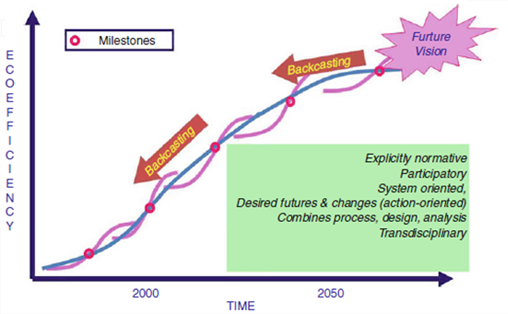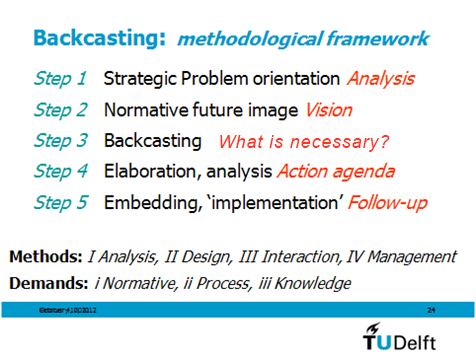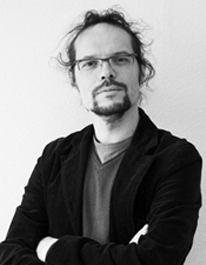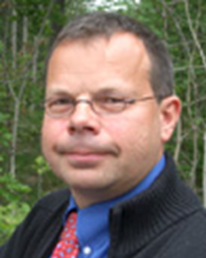Is Scotland better off without England and Wales?
March 12th 2014 – Building the right Vision for Scotland’s Energy Future:
a) Going it Alone: b) As Part of a UK System or c) Autarkic – localised energy systems.
Sponsored by


Introduction
In 2009 the Scottish Climate Change Bill was signed into law and in it the country pledged to reduce carbon emission by 2050 by at least 80% from 1990 levels. To do this requires a major transformation of the energy sector in Scotland pledged as part to:
- A largely de-carbonised electricity generation sector by 2030[1]
- A largely de-carbonised heat sector by 2050 with significant progress by 2030
But are these targets ambitious enough in light of accelerating climate change impacts? Germany has a report exploring three energy Scenarios with which, by 2050 they will have 100% renewable electricity supply[2]. Sweden has pledged to be ‘Oil Free’ by 2030[3].
There are a number of UK wide projections[4] [5] but Scotland is already renewable-energy autonomous in the South West and North of the Great Glen and perhaps could be 100% renewable by 2030? The potential does exist with our huge natural renewable resources[6]. Existing studies employ traditional energy industry accounting approaches that may not result in truly Sustainable or Successful development and that ignore extraordinary renewable energy developments at building, community, city and regional scales.
Backcasting is done to arrive at credible and implementable visions of desirable futures as opposed to Scenarios and other Future studies aimed at producing likely, possible or normative future projections. We start with the desirable Vision of being 100% renewable by 2030.
The Scotland 2030 Energy Visioning Backcasting Exercise will:
1) Interrogate three Visions of energy supply for Scotland for 2030.
2) Involve participation from a wide range stakeholders, including a core of academic, community, city, government and SME participants, to not only inform the development of the vision, but to act as a dating event to put clients, theorists and industry together to potentially help build the envisioned futures.
3) Scope out a structured programme of follow-up activities for interested stakeholders to turned visions into technological and economic realities help Scotland lead in such markets.
Proposed Scotland Future 2030 100% Renewable Energy Visions:
The Standalone Scottish Network scenario: All regions (Highlands and Islands (North), Central, South West and South East) in Scotland make extensive use of their regional renewables potential. Electricity is exchanged throughout the country. Pumped storage potentials are exploited, Electricity imports are marginal but exporting energy encouraged.
Local Energy Autarky scenario: In this scenario, small-scale decentralised energy systems, at building, campus or estate, community, city and other scales, largely using locally available renewable energy sources, maximally efficient technologies and storage to satisfy their own power demand without electricity imports.
UK Centric scenario: Electricity production and storage is based on large scale technology and mega-grid projects in the UK and its vicinity. Electricity is distributed via an upgraded transmission grid. Electricity production is optimised by distributing fluctuating feed-in from renewable energy most efficiently throughout the UK.


Figure 1: (a) Backcasting: key concept and characteristics & (b) methodological framework with steps, types of methods & demands.
Final Programme Scottish 2030 Vision Development & Elaboration
09.00 Arrival and Registration
09.30 Event Opening & Purpose, Susan Roaf of ICARB and Donald Booth of the Energy Technology Partnership, the event sponsors.
09.40 Presentation of the Swedish Future Energy Scenarios by Per Lundqvist (see below)
10.00 Getting Demand and Supply partnerships right: Electric Cars in Norway by Harald Rostvik
10.15 Brief introduction to Backcasting and the programme by Jaco Quist
10.30 Draft ideas for RE futures Scotland outlining the 3 possible 2030 Visions – starting with the major confounding factor – climate change brief introduction by Alex Hill then outline presentations on each of the three possible futures By Iain Staffell (UK Centric), Stuart Hazeldine (Scotland Alone) and Andrew Peacock (Local Autarky)
11.00 COFFEE BREAK for informal networking
11.30 Subgroup elaborations of presentations on 3 Visions for Scotland
13.00 LUNCH BREAK
14.00 Scenario elaboration in three groups
15.30 TEA BREAK
16.00 Plenary Vision Reporting back to the whole group & Discussions
17.00 RECEPTION and informal Networking and Discussions
18.00 End
About Jaco Quist

Jaco Quist is an assistant professor with the Energy & Industry Section at the Technology, Policy & Management Faculty of Delft University of Technology. He has completed a dissertation on participatory backcasting that was published by Eburon Publishers in 2007 as Backcasting for a sustainable future: the impact after 10 years (see www.eburon.nl or repository.tudelft.nl). His current research interests and activities include backcasting, foresight, (system) innovations towards sustainability, stakeholder engagement in responsible and sustainable innovation and technology assessment. In one of his current projects he is exploring ‘Supportive environments for sustainable living’, using transition management, backcasting, end-user practices and individual behaviour studies See: https://www.incontext-fp7.eu/He is also involved in the project ‘The next 50 years: developing robust strategies for the gas transition in the Netherlands’.
References: Quist J, Thissen W, Vergragt P (2011) The impact and spin-off of participatory backcasting after 10 years: from Vision to Niche, Technological Forecasting and Social Change 78(5): 883-897.
About Per Lundqvist

Per Lundqvist earned his Ph.D. in 1993 from KTH. In 2007, he was promoted to full professor at KTH, where he serves as co-Head of the Division of Applied Thermodynamics and Refrigeration. Since 1999 he is the director of undergraduate and master’s studies in the School of Industrial Engineering and Management and School for Energy and Environmental Technology. Prof. Lundqvist is a co-author of the IPCSS report on the influence of refrigerants on the global climate and has served as President of Commission E2 in the International Institute of Refrigeration, whose focus is research, education, and international collaboration on climate issues related to refrigeration and heat pump technology. He has been working with the Swedish Government on their future energy scenarios.
More information
To download these please right-click and select “Save target/ link as…”
Backcasting – Suggested Further Background Reading
View document
An exploration of backcasting and related approaches
View document
Backcasting and Scenarios for Sustainable Technology Development, Jaco Quist
View document
Backcasting Case Study: The Kiev ERAIHM Spring School Project, Jaco Quist & Olga Kordas
View document
[3] https://en.wikipedia.org/wiki/Making_Sweden_an_Oil-Free_Society **Document no longer available here**
[5] www.gov.uk/government/uploads/system/uploads/attachment_data/file/48253/3884-planning-electric-future-technical-update.pdf
[6] www.scotland.gov.uk/Topics/Built-Environment/planning/National-Planning-Policy/themes/renewables **Document no longer available here**
